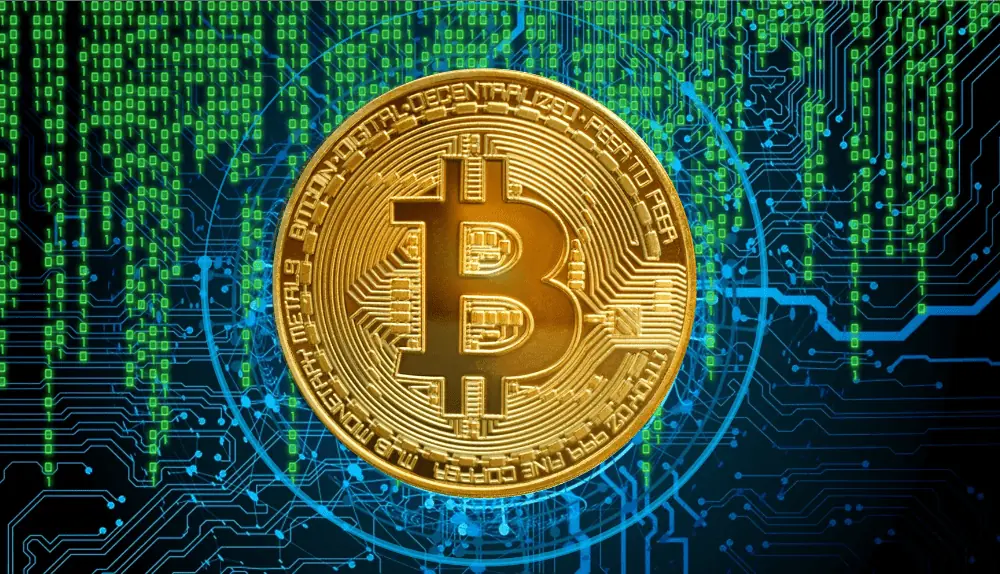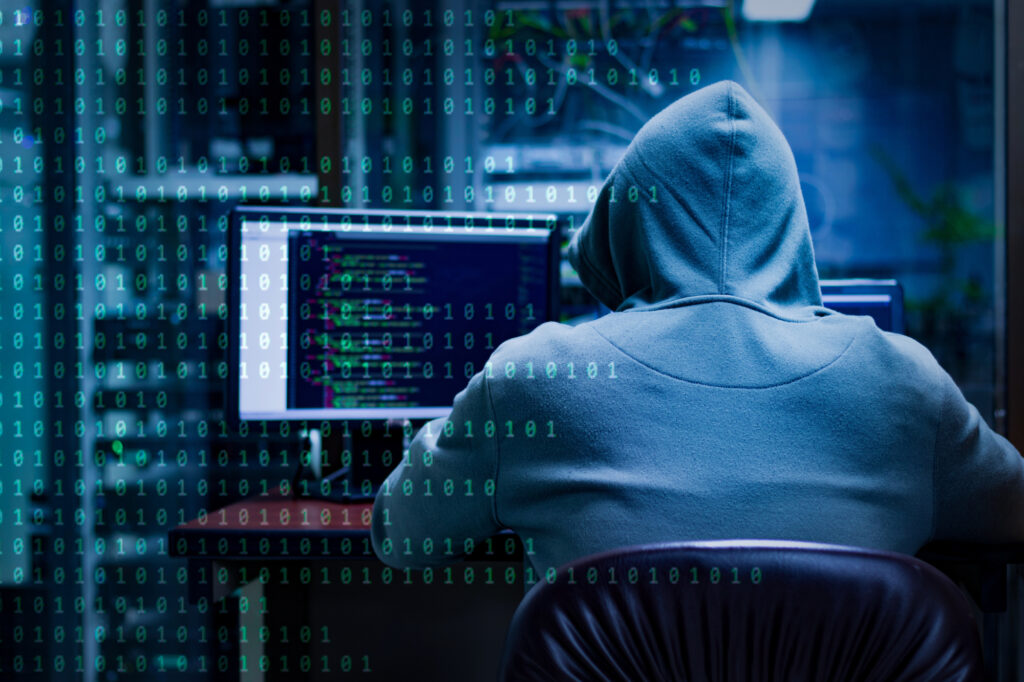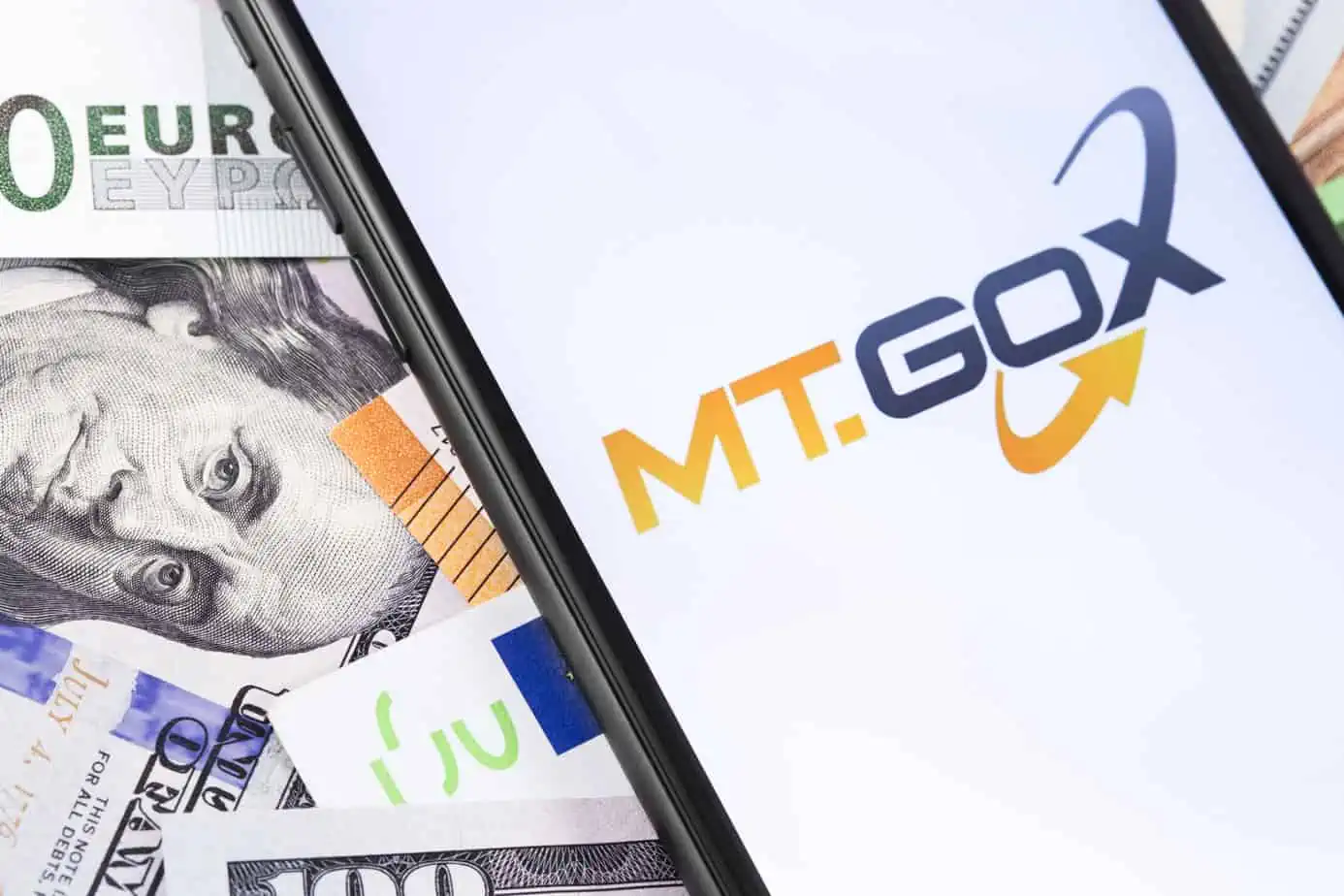February was the month that the all-seeing eye of the media turned its lidless gaze upon Bitcoin and the craggy peaks of Mt. Gox, the Japanese Bitcoin exchange site. Almost half a billion dollars went missing from Mt. Gox, the exchange was rocked, Bitcoin was scorched, and the site went bankrupt.
The Official Merchant Services Blog has been tapped into the ongoing saga of Bitcoin since this article in November — delving into the fascinating gimmick of Bitcoin mining.
Wait, What is Bitcoin?
Bitcoin is a virtual currency introduced in 2008 by a programmer or group of programmers under the name Satoshi Nakamoto. It has no central issuing authority and uses a public ledger to verify encrypted transactions. The flashy shiny aspect of it is it’s a currency that can be bought, sold and mined electronically. The famous internet comic strip Penny Arcade defines Bitcoin for its readers here.

In 2013 the currency captured the imagination of the virtual and business worlds by soaring in value, rising from $10 to $1,200 per coin. It surpassed the value of gold at its peak. And then i crashed down to $500.
The currency was also embroiled in the huge Silk Road scandal as federal authorities seized millions of dollars worth of Bitcoins when it shut down the notorious black market web site the Silk Road.
The real trick of Bitcoin and why it’s so fascinating to payment processors is that it’s a cryptographic protocol, or crypto-currency. The protocol creates unique pieces of digital property that can be transferred from one person to another. It’s essentially the legitimization of microtransactions linked to actual monetary value. Each Bitcoin is defined by a public address and private key, both long strings of numbers and letters giving it a unique identity in virtual reality. In addition to its digital fingerprint, Bitcoins also have a place in a public ledger. This blockchain gives the Bitcoin a physical identity. So Bitcoins bridge the virtual and the physical.
Mt. Gox: Hackers Gonna Hack

But no matter how elegant and ingenious the actualization of Bitcoin is, the currency apparently can be hacked.
- On February 25, Mt. Gox, the leading Bitcoin exchange located in Tokyo Japan shut down. It had discovered that hundreds of thousands of Bitcoins had gone missing, and more than $400 million had been stolen.
- On February 28, Mt. Gox filed for bankruptcy and said it was under orders not to pay its debts. The exchange publicly apologized to users for “causing so much inconvenience.”
February was actually filled with problems for Mt. Gox and Bitcoin, as we reported previously.
Everything from Russia banning Bitcoins to China half embracing it just piled onto the Bitcoin craze. And then the hack and the bankruptcy happened. Since then, pieces of code showing parts of Mt. Gox’s Bitcoin source have cropped up around the web according to VentureBeat. Mt. Gox set up a phone support line but that got blitzed. Two other sites vied to fill the void of Mt. Gox, with BitStamp edging out BTC China for the title of largest Bitcoin exchange — for now. And then things got funny weird.
Virtual Theft

The authorities are now tasked with investigating the crime. And well, there’s this book, Halting State by Charles Stross, written in 2007. The premise of the book seemed so novel back then: A police officer is called to the offices of a big corporation because a robbery was reported. The robbery as it turns out took place in a virtual world, as the company runs a video game system with virtual currency. And then the novel goes on to explore technology, and how it is quickly evolving to affect the physical world from the virtual world. It was set just a few short years in the future.
And here we are, a few short years into the future, and authorities are investigating the theft of real value currency stolen from a virtual environment.
The amount of coins hacked and stolen from Mt. Gox amounts to about 6 percent of the entire Bitcoin market in circulation. And law enforcement is now tasked with trying to find the identity of the perpetrators — which may seem like an obvious and standard step in the investigative process. But it’s Bitcoin, which is famous for its anonymity and unregulated status. So authorities are filing subpoenas to Mt. Gox to gather information about how the virtual currency is transferred and converted into dollars. While stuck investigating even the basics of how the model works, authorities haven’t even gotten to the stickier situation of how Bitcoins are designed to be untraceable and finding the phantom thieves who stole the strings of encrypted numbers may not happen.
Leaving a half billion dollar hole in an industry that’s already proving to be volatile and susceptible to hacking.

